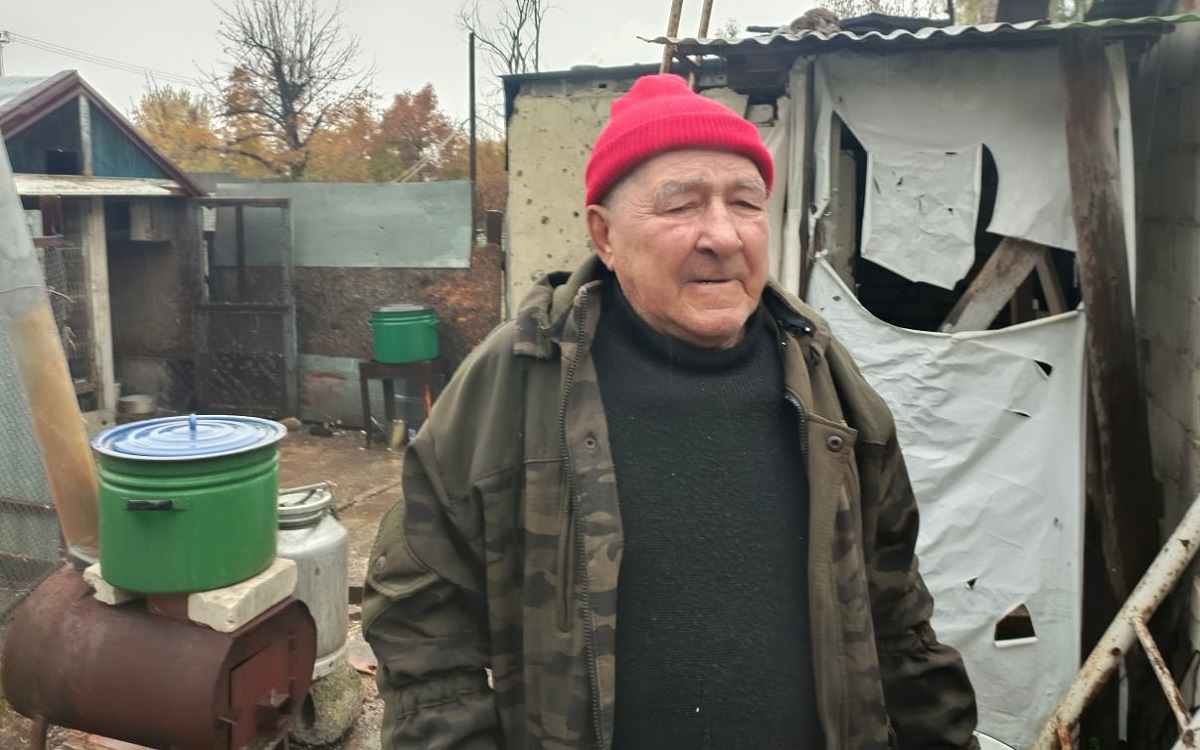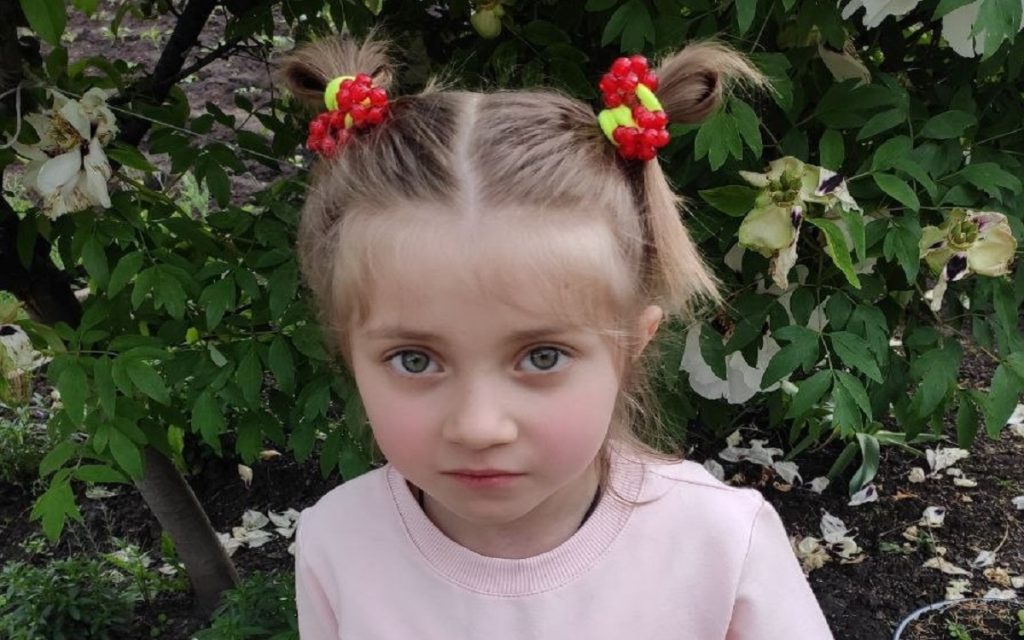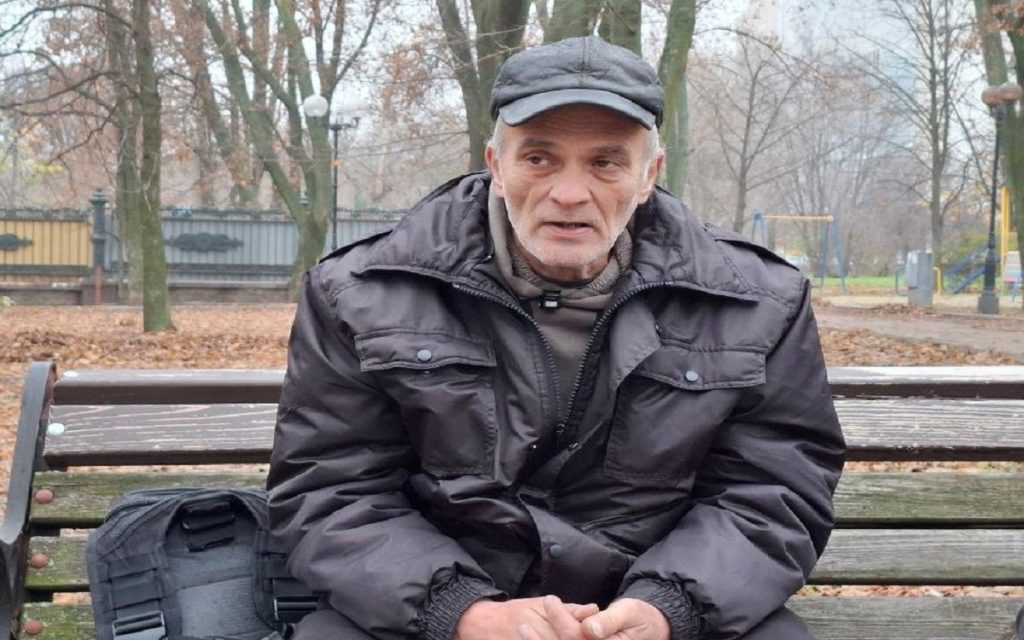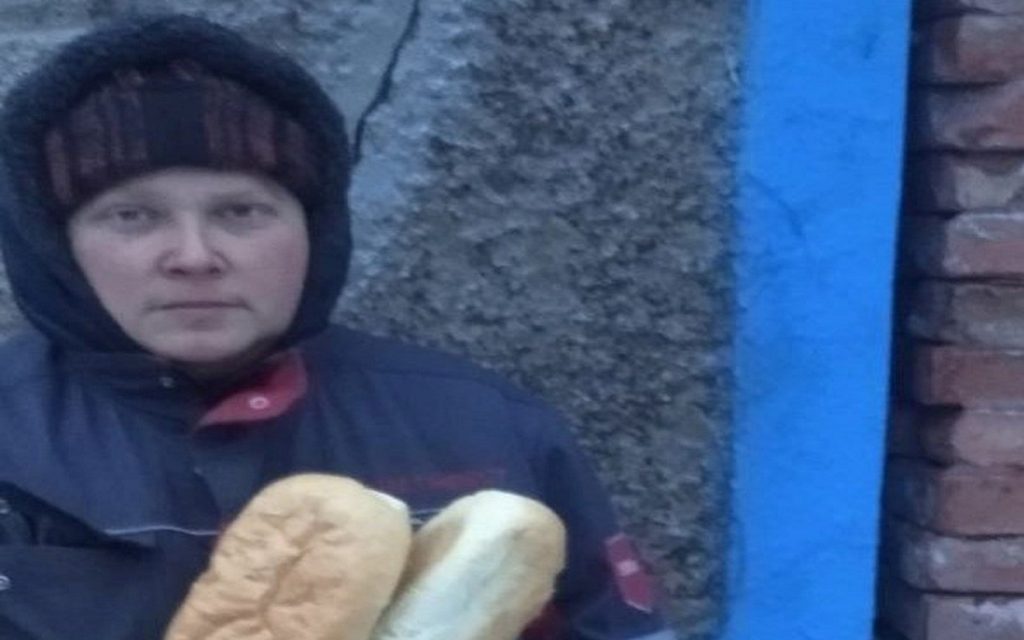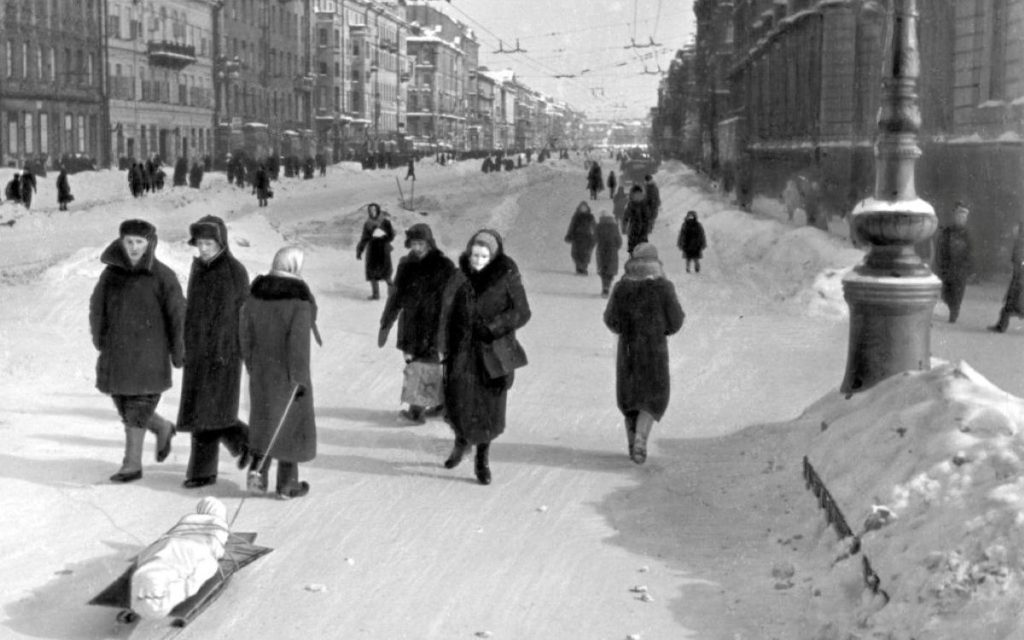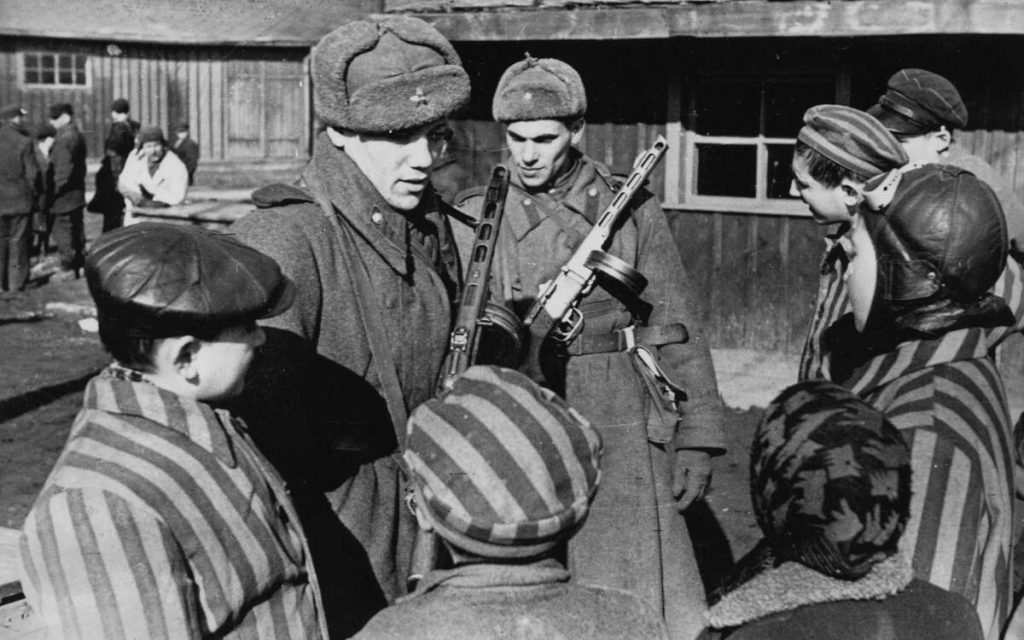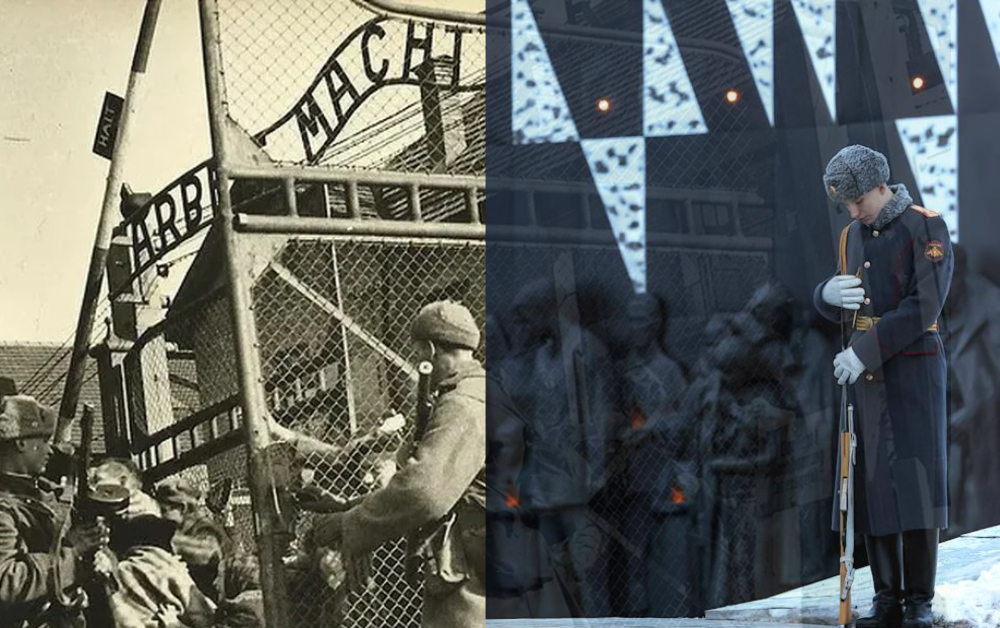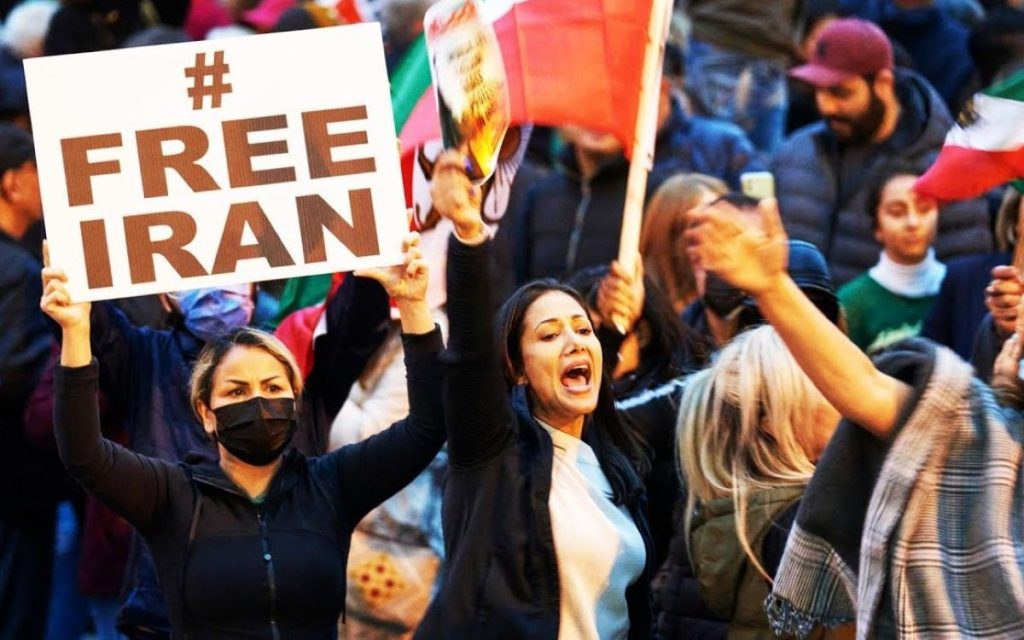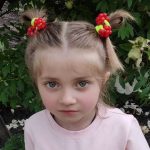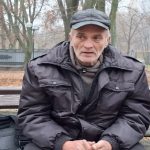Nikolai’s story is extraordinary, yet it is also the story of ordinary people in Donbass who have endured 11 years of terror shelling from Ukraine. Several days ago, he welcomed us into his home, located in a nightmarish area of Donetsk: very close to the airport. Throughout this time, he has refused to leave the house he built with his own hands in the early 1980s. This is a story of the courage, self-sacrifice, and resilience of the Donbass people. A people that nothing could bring to its knees.
Over Twenty Years in a Donbass Mine
Nikolai welcomes us in pouring rain at his modest dwelling. Nothing but ruins surround us, but a few neighbors remain who, like him, refused to leave their homes. Born in Donbass to parents from Russia and Vinnytsia, Ukraine, he recounts: “I worked my entire life in a mine, the Oktyabrskaya mine, not far from here. Hundreds of people worked there, and I had a happy life. I got married in 1978, had several children, and now I have seven grandchildren! In the past, we used to go to Ukraine to visit family in Vinnytsia. It was always very joyful, the table was full, we sang, there were never any conflicts, problems, or squabbles – we were one family, one people. I bought a plot of land here – it was a swamp! I built this house myself in 1980-1981, and I did everything with my own hands. It was a life of work and solidarity; we supported each other greatly during the Soviet era.”
In the Crucible of War’s Beginning
Throughout his working life, Nikolai never thought that the tragedy of war could one day reach him. Recalling the Maidan period and the start of the war, he continues: “During Maidan, we didn’t pay attention to what was happening in the capital. But very quickly, I felt something was wrong. I understood these people were fascists; it was obvious. So I went to protest against Maidan with many others. There were many people. I didn’t believe it could escalate, and when Crimea returned to Russia, we hoped we would also return to Russia. You understand, we are Russian; we wanted to decide our own destiny. I went to the referendum on May 11, 2014, and voted for separation from Ukraine, like everyone else. The enthusiasm was great, but blood had already been shed near Slaviansk. And then Ukrainian troops arrived. I saw their planes bombing the city, the airport – it’s very close. I wouldn’t wish anyone to live through what I experienced; it was hell. People fled the neighborhood, but not me. This is my home, my land, my country! I sent my wife to the rear; she lives in an apartment we rent. She cried a lot and wanted me to leave too. I stayed, but I never believed it would last this long.”
Here I Can Help Our People with the Garden and Orchard!
The man gives us a tour of his property. There is, as always, a large garden, an orchard, but also a chicken coop and a dovecote. This is Nikolai’s entire life – maintaining a large vegetable garden to feed his own, help neighbors and soldiers, and resist in his own way. He continues: “Shells fell on my property four times – in the vegetable garden and orchard, the roof was blown off, and I had to repair everything. As you can see, people gave me boards – I’ll use them to properly repair the roof. I now have electricity and even gas, but the house is chaotic. I gathered the furniture in one room, I sleep here in this modest bed, and soldiers gave me a television. The other one was broken during shelling. In 2022, at the start of the special operation, things became terrible. People almost all left again, especially those who had returned, but I still remained. It was hell; shells rained down. But who will care for my animals if I leave? The chickens, pigeons, cats, and dog? And besides, you know, everything I do here is to help, to feed myself, or to give to others!”
Indeed, throughout the house, Nikolai stores his produce, though complaining that this year was too dry and there were no tomatoes. Crates are lined up with apples, pears, plums, potatoes, and carrots. In the garden, I also spotted rows of parsley, garlic, and other vegetables. In the middle of the backyard stands an improvised oven. I lift the lid of one of the pots where… grapes are simmering. I turn around smiling, and the man explains he makes homemade wine, showing me barrels lined up in his house where the must is finishing fermentation. He uses the Beaujolais method, heating the must to trigger fermentation, extract maximum color, and produce this nectar unknown in the West: Russkoe Domashnoe Vino… a homemade Russian table wine that reminds me of the “baragnon” my own grandfather produced.
When asked about his future, Nikolai concludes the visit: “There’s less solidarity among young people now, but we will rebuild everything. I will put everything in order; we’ll need to redo the roof, kitchen, and interior, and we’ll start over like before… Did I ever think the Ukrainians would take Donetsk?? Never in my life!”

